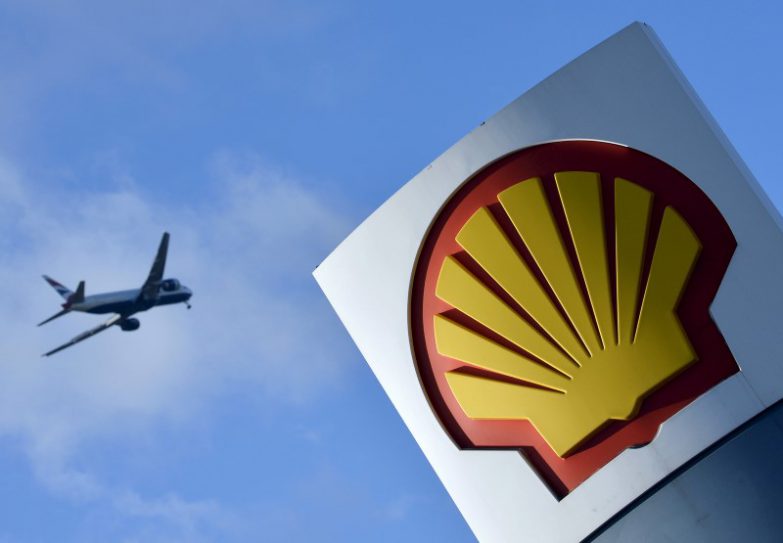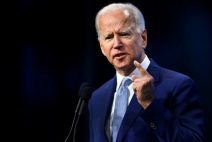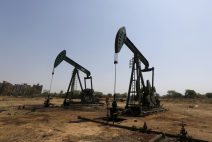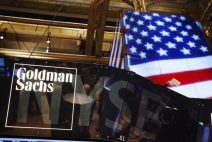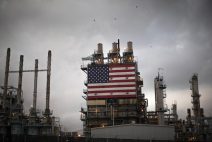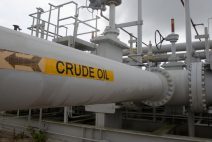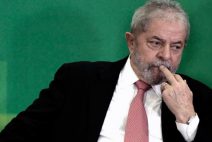Royal Dutch Shell cut its dividend for the first time since World War Two as the energy company retrenched in the face of an unprecedented drop in oil demand due to the coronavirus pandemic.
Shell also suspended the next tranche of its share buyback programme and said it was reducing oil and gas output by nearly a quarter after its net profit almost halved in the first three months of 2020.
For years, Shell has taken pride in having never cut its dividend since the 1940s, resisting such a move even during the deep downturns in the oil market of the 1980s.
Some investors, however, had called on major oil firms to break an industry taboo and consider cutting dividends, rather than taking on more debt to maintain payouts.
“Given the risk of a prolonged period of economic uncertainty, weaker commodity prices, higher volatility and uncertain demand outlook, the Board believes that maintaining the current level of shareholder distributions is not prudent,” Shell Chairman Chad Holliday said.
He also said the cut in Shell’s payout was a long-term “reset” of the company’s dividend policy.
Shell said it would reduce its quarterly dividend by two-thirds to 16 cents per share from the 47 cents it paid each quarter in 2019. If maintained for 2020 as a whole, Shell would save about $10 billion.
Shell is the first of the five so-called Oil Majors to cut its dividend because of the fallout from the coronavirus crisis. BP and Exxon Mobil have said they will maintain their first-quarter dividends while Total and Chevron have yet to report first-quarter results.
